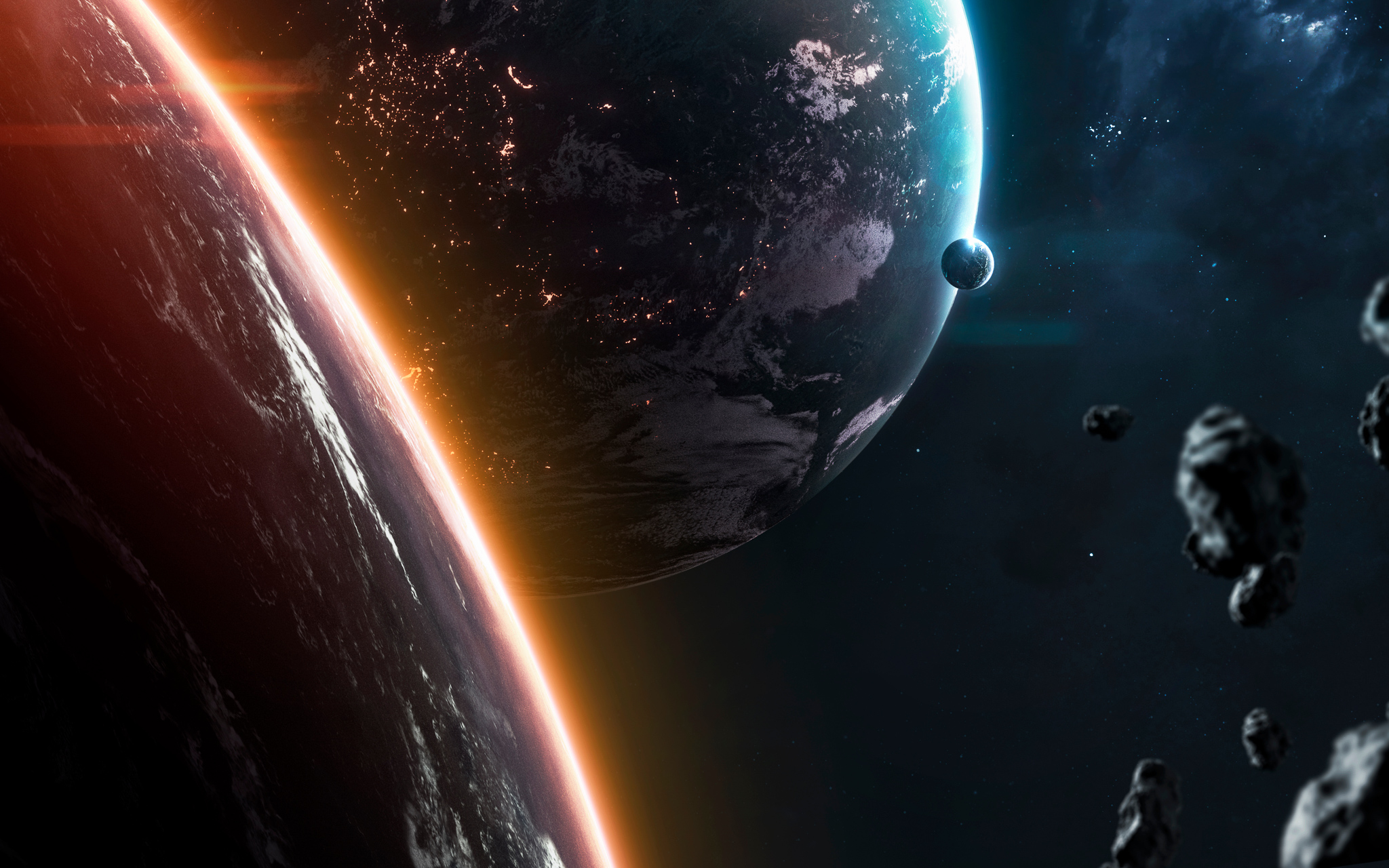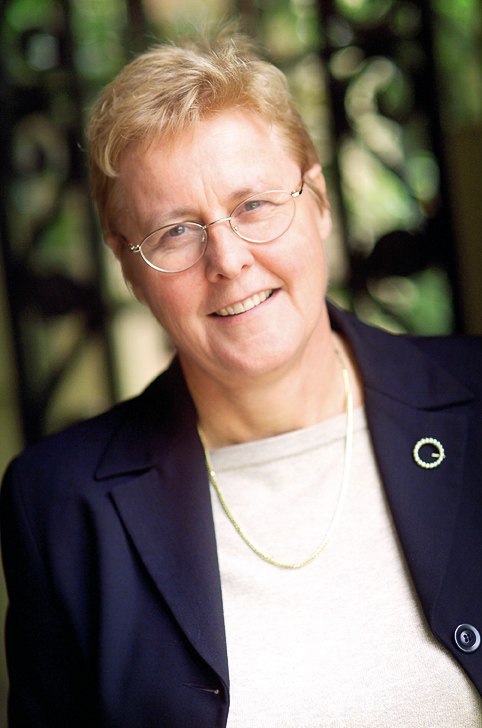<< Back to Lion homepage
Our connection to the stars

In honour of National Science Week this year, Professor Rachel Webster AO FAA, an astrophysicist and the second female in Australia to become a physics professor, shared inspirational messages for students and staff alike. She spoke to students about her role, how technology allows us to continue to learn more about the beginnings of the universe and what’s next to come.
‘Although I’m primarily an astronomer, there are three things I want to emphasise today. In past decades, people thought they could study just one discipline and that would be sufficient. But increasingly, I think we’ve come to realise that while we might specialise in one area, we also have to understand many others,’ Rachel says. ‘So as an astronomer, you need to not only master most branches of physics, but also many areas of mathematics, and even biology these days. We live in a world that is really deeply connected.
 ‘The second lesson is that while these areas might seem difficult to you, and indeed they might be difficult, they are hard for everyone. To solve an important problem, a “wicked problem”, you don’t necessarily need to have the best marks at school or university. You need to have tenacity to learn the skills, and then the creativity to solve problems.
‘The second lesson is that while these areas might seem difficult to you, and indeed they might be difficult, they are hard for everyone. To solve an important problem, a “wicked problem”, you don’t necessarily need to have the best marks at school or university. You need to have tenacity to learn the skills, and then the creativity to solve problems.
‘The third point is to take the opportunities to do something you are passionate about. Don’t lose sight of the extraordinary beauty of the physical universe we are a part of. After all, in every way you consider it, we are fundamentally connected to the stars,’ she says.
Rachel also tells students that, ‘A scientist who simply works in the confines of their discipline will rarely develop a fundamentally new understanding. What you need to be able to do is learn new things all through your career and you need to understand when to venture into a new domain in order to understand the problem at hand.
‘So, I hope you can tell that I think a career in Science is eminently satisfying. Apart from the personal satisfaction of solving problems and developing new ways of understanding the universe, one is able to contribute in critical and fundamental ways to those wicked problems that are facing humanity at the current time.’
Students had the opportunity to ask questions of Rachel. One such question was whether she thought we would find evidence of life on other planets. Her answer spoke of the fact that we only now have the technology to explore that, and it will be a matter of time. However, Rachel told students: ‘Life may manifest itself on other planets, in forms different to what we imagine. Most astronomers believe that life is ubiquitous. In other words, that where conditions are appropriate, life will exist.'
Professor Webster is a Wesley parent and member of College Council.